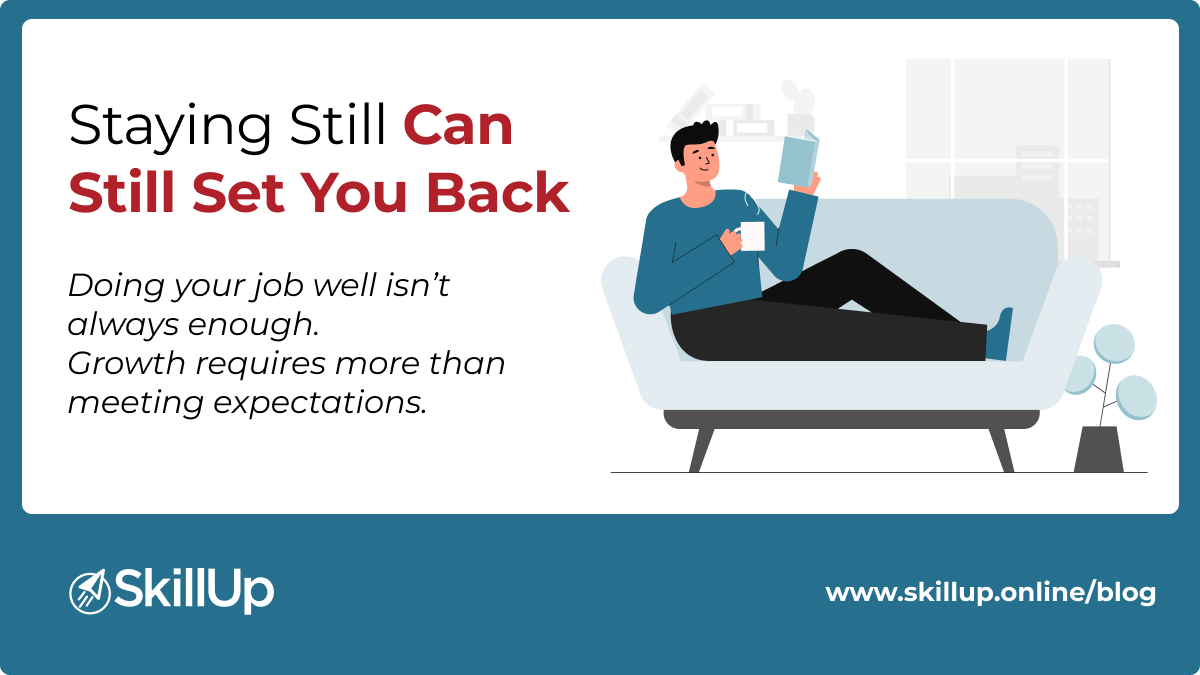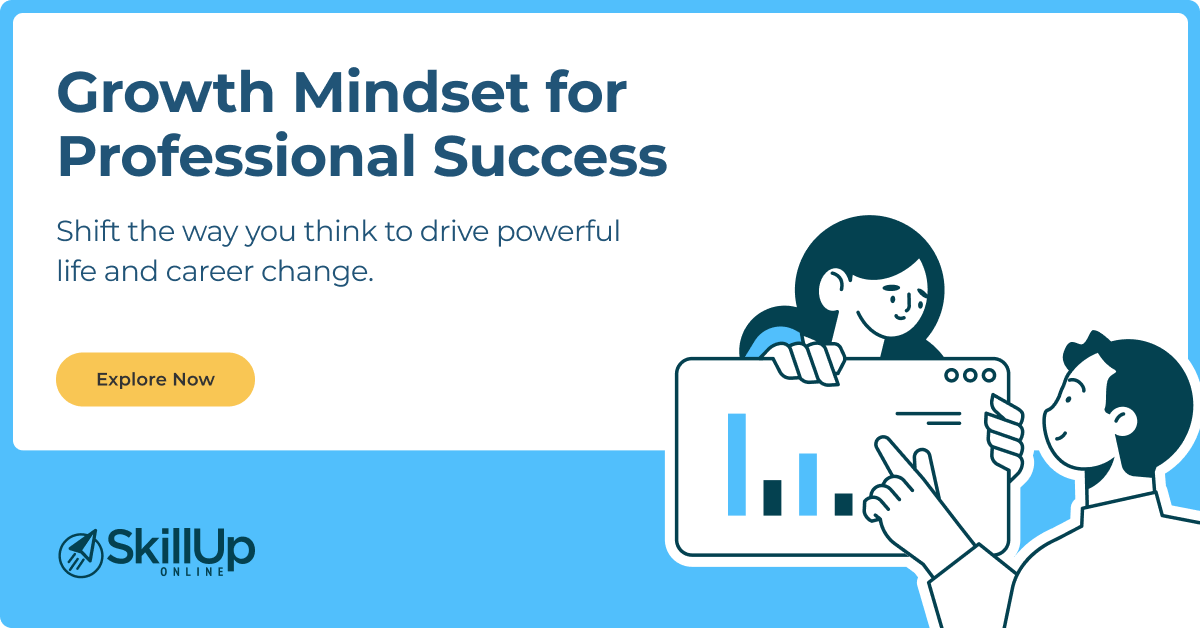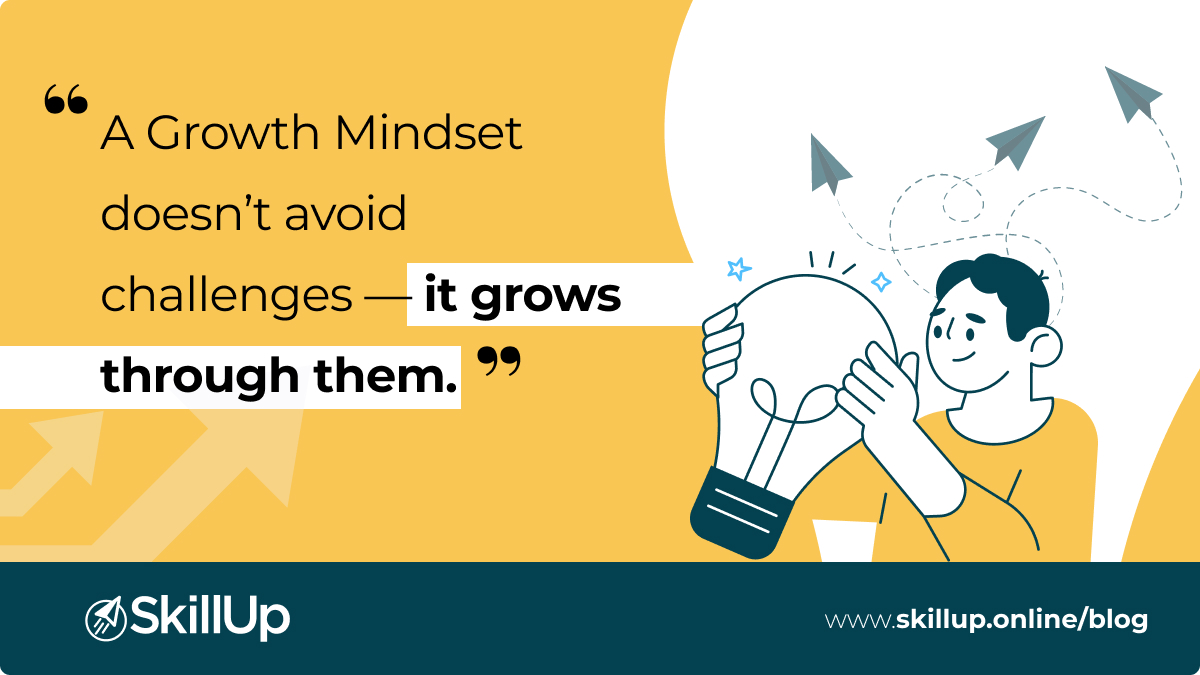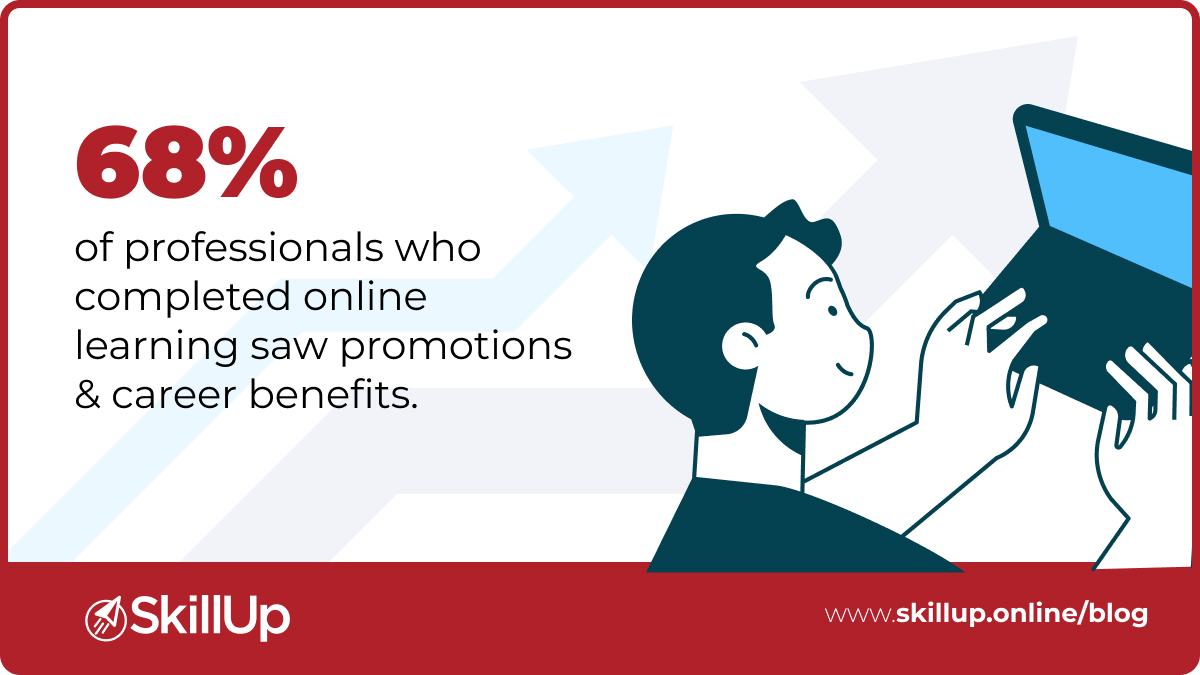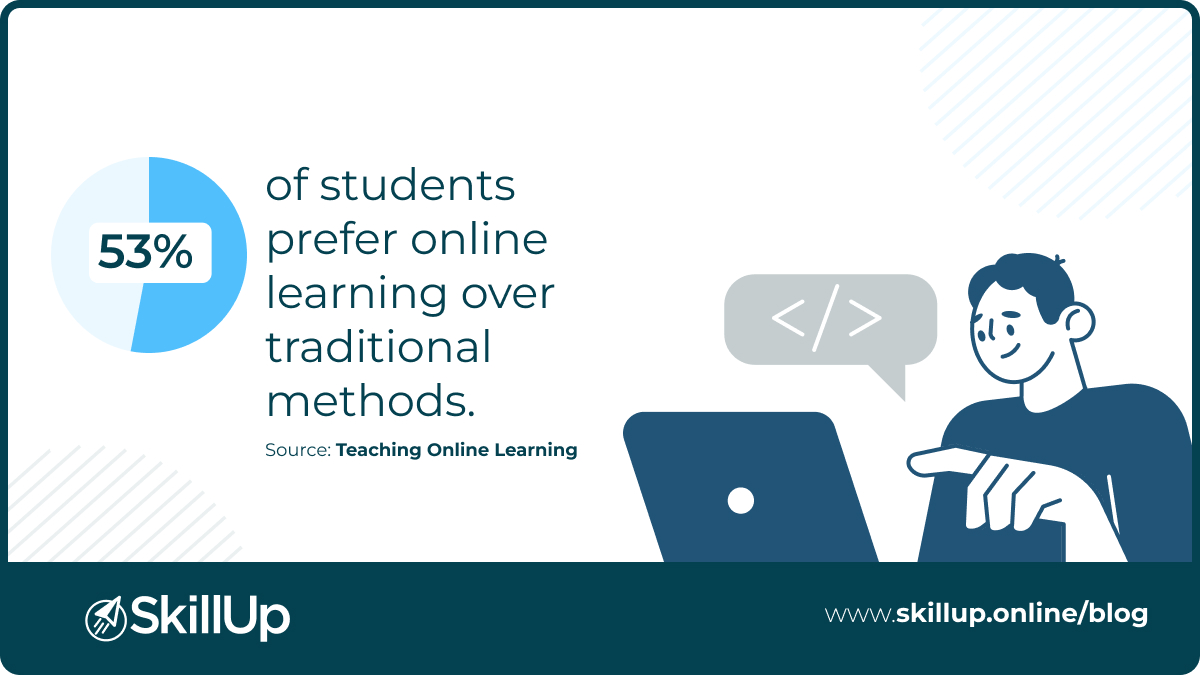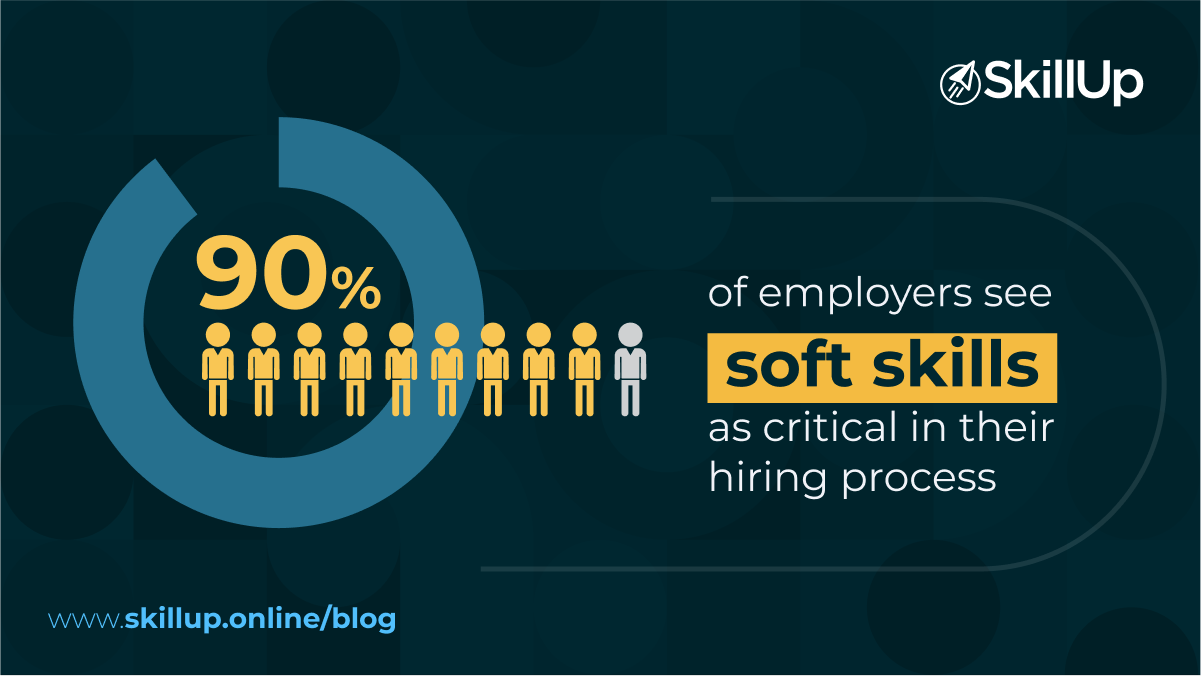If you are a human on planet earth, you are living in an incredible and terrifying world when it comes to technology and the world around us. As I witness AI continue to permeate so many aspects of our daily lives, I’m amazed at how quickly the rules have changed. Rules that have stood stoically for decades are being shattered, and those who are unwilling or unable to adapt stand to lose in a dramatic fashion.
I’ve spent my career in the IT world, with decades focused on training individuals and organizations on how to adapt, embrace change, and master the art of soft skills. In this new world, I am seeing two circumstances emerge, both of which are not just career roadblocks, but career killers.
Career Killer #1 – Ignoring Soft Skills, Focusing Only on Technical Skills
Julio had spent weeks preparing the sales presentation for his biggest client. Indeed, this was Julio’s largest client, presenting him with the biggest potential impact to his annual sales attainment. I travelled with Julio to the corporate office of this client to support him in delivering the presentation.
Our main point of contact with this customer was Walter, their Director of IT. He entered the conference room precisely on time, sat down, and promptly informed Julio that he had little interest in hearing a sales pitch given how his experience with the delivery of the last six months of their annual premier support contact had been a disaster.
Walter spent the next ten minutes venting over a long list of frustrations he had recently experienced. For the past three months Julio was not able to locate any engineers to deliver urgent risk assessments that Walter needed to conduct on his Exchange environment. In the last quarter, Walter had opened three customer support incidents that had each gone over a month without being resolved. Finally, the last engineer that Julio was able to send to the client spent three days on-site before declaring they would need to return home and send a different engineer that was better suited to the work Walter was requesting on their server environment.
It was very painful to listen to Walter share these experiences, and by the time he finished I was eager to acknowledge his frustration, apologize for the bad experience, and explain the steps we would take to resolve all his well-articulated dissatisfactions. As I sat for just a moment gathering my thoughts, Julio responded to the customer first. His exact words were, “Walter, I’ve been looking at your contract utilization over the past year and I’m excited to share my proposal for your next annual contract. It’s a sizeable increase compared to what you spent last year, but my analysis of your various server environments indicates that it will be critical for you to increase your investment in our premier services.”
Not to my surprise, the ensuing sales presentation did not go well, and we left the client without securing a contract renewal at all. As I sat in the car with Julio after the meeting and listened to him express frustration in not securing the contract renewal, this “First Circumstance / Career Killer” concept became crystal clear.
Julio stated that he didn’t understand why the customer seemed unwilling to acknowledge the compelling sales points that were shared in the presentation. He knew the presentation data forward and backwards and had been very articulate in sharing all the reasons why Walter should have increased his annual investment.
Indeed, Julio was very articulate and with great technical aptitude he outlined how the customer’s server environment needed upgrades and more risk assessments. What Julio didn’t convey was any sense of empathy, emotional intelligence, or executive presence. His listening and critical communication skills were almost absent. Up to that point in his career, Julio had spent all his time mastering technical skills, and virtually no time on developing soft skills.
Unfortunately, Julio is not alone. In our world of exponential technology evolution, the typical employee spends most, if not all their time focused exclusively on increasing their technical aptitude. In so doing, they end up ignoring critical soft skills that are just as important to success in the business world. Whether it’s communicating with customers, peers, managers, or even family members, those with strong soft skills aptitudes position themselves for success well beyond those who are focused solely on technical proficiency.
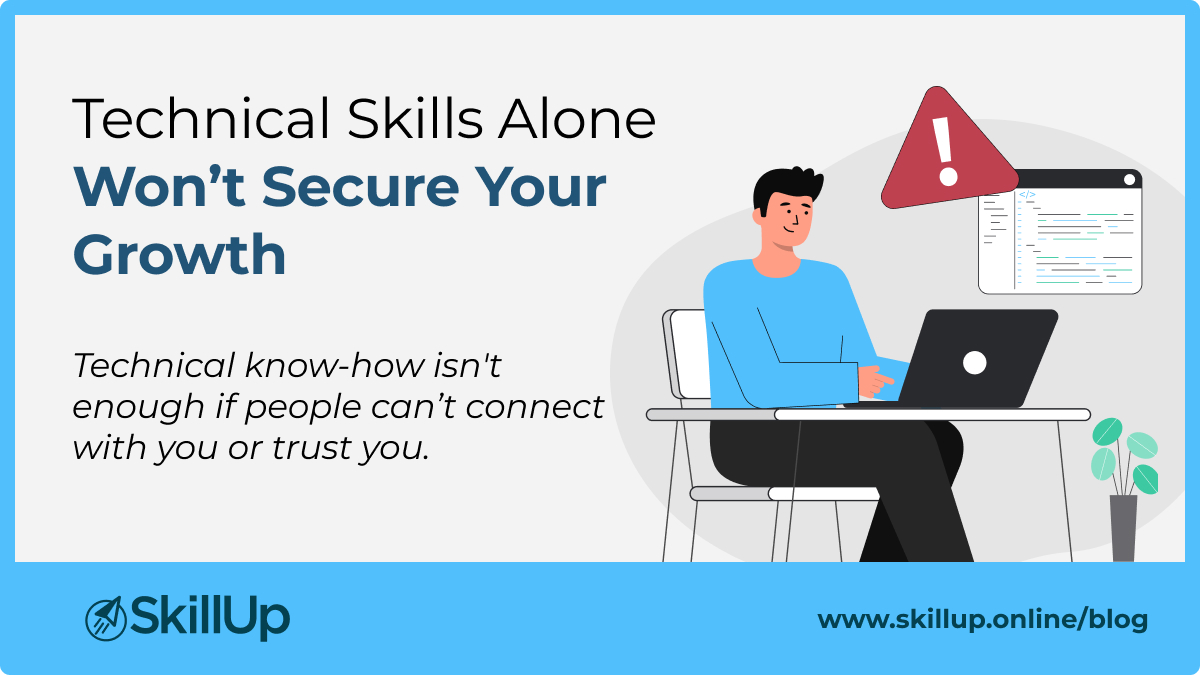
Career Killer #2 – Not Growing, Learning, or Adapting
Sara sat down in my office and politely thanked me for making the time to offer her some career coaching and advice. She had spent the past two years with growing frustration that she had not been promoted. Every three months the organization offered promotions to 5% of the workforce, and Sara was now going on for two years without receiving one.
I began my conversation with Sara by asking about her job performance over the past two review cycles. She indicated that her performance reviews were solid, and that she always met or exceeded her job requirements. I dug a bit deeper and asked Sara to explain her entire career path since joining the organization. She explained that she joined the organization four years prior as a customer support agent, answering customer’s technical questions. During those four years she had become very skilled in answering questions about pivot tables and advanced formulas in the Excel spreadsheet application. Sara explained that whereas many individuals seemed to eventually get tired of answering the same types of questions over an extended period of time, she embraced the repetitiveness. She found it refreshing to have attained a level of expertise that made her job stress free and comfortable.
I asked Sara where she saw herself in the organization two years into the future. She explained her intent on maintaining top organizational performance in the categories of customer satisfaction, call-time, and root cause analysis of customer issues.
I asked Sara if she had considered any different roles in the organization and suggested that she might be able to use the technical skills she had attained as a springboard to a different role such as sales representative or customer advocate. Sara indicated that she had considered doing so, but that the amount of time it would take to learn a new role and become proficient in it would probably not fit in with her family schedule and off-work activities.
My conversation with Sara continued in this manner until I finally felt compelled to ask her a question with a different focus. “Do you enjoy your job,” I asked. Sara seemed a little perplexed, and eventually responded by saying, “It’s okay, I don’t dislike my job, I like the people I work with.”
Unfortunately, Sara’s example is not unique, and her commentary provide a crystal-clear example of how failure to grow and learn new things can become a career killer. Companies and managers are looking for employees who are excited to get out of their comfort zone, learn new skills, adapt, and walk a path of continuous learning. Companies are looking for employees who are willing to do difficult things, learn from mistakes, and become valuable corporate assets across a variety of competencies.
These are all hallmarks of someone that has a Growth Mindset. The lack of this mindset can stall or kill a career, while the adoption of this mindset can accelerate or catapult a career. I’ve spent over 20 years managing individual contributors and managing managers, and I can declare from first-hand experience how true these statements on the topic of Growth Mindset are.
To gain a better understanding of the two circumstances I have outlined in this article, I invite you to explore the more detailed blogs I have written on these topics – Keys to Building a Growth Mindset-Tackling Difficult Tasks and Learning from Mistakes?
Growth Mindset: Exploring the Most Important Career Skill You’ve Never Heard of.
I also invite you to enroll in SkillUp’s Growth Mindseturse and other soft-skills topics. I guarantee that doing so will pay career dividends.
SkillUp Online
